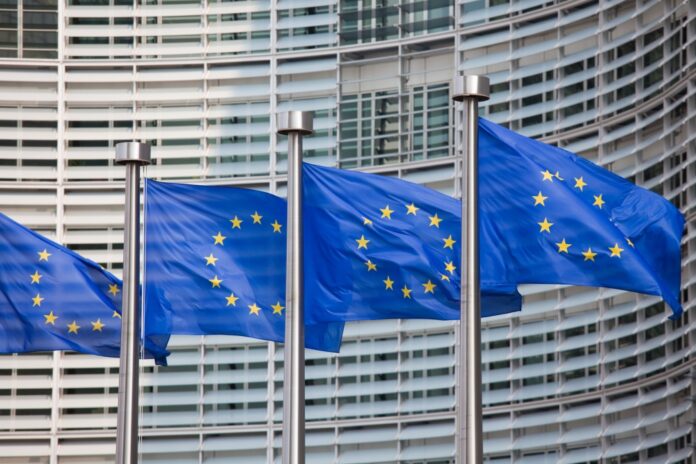The delayed advice, which was due by the end of December, follows the UK’s decision regarding Huawei in 5G and full-fibre infrastructure.
In short, there’s nothing new here – the European Union’s (EU) guidance does not ban any vendor, but says that all vendors should be subject to rigorous security tests.
Individual member states are left free to make their own decisions regarding which vendors’ equipment they use in their networks, whether deemed to be high-risk or not.
If offers what it describes as a toolbox of cybersecurity measures as the basis of a uniform approach to 5G across Europe.
Not picking on anyone
Thierry Breton, European Commissioner for Internal Market and Services, stressed, “We are not picking on anybody, we are not ostracizing firms”.
Despite strenuous efforts by the Trump Administration to have EU countries outlaw the use of Huawei equipment in their 5G infrastructure on security grounds, they have resisted, although Europe’s biggest economy, Germany, has largely evaded the issue so far.
The German newspaper Handelsblatt reported on 29 January that the US had presented the country with conclusive proof about the security risks.
So far Chancellor Angela Merkel has stuck to the same line as that now taken by the EU.
The EU member states are to implement the security measures laid by the 30th of April. A report on the implementation by member states is intended by the end of June.



